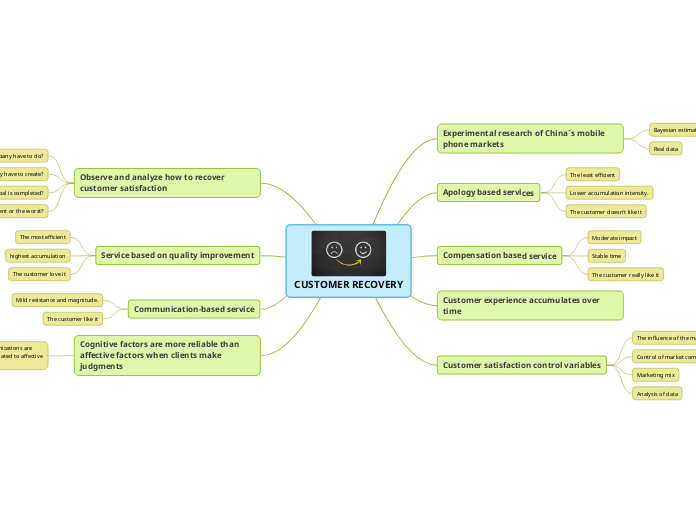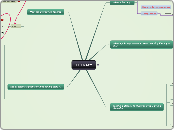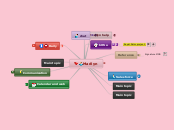by Jessica Florez 2 years ago
152
CUSTOMER RECOVERY/JESSICA FLOREZ
Understanding how customers form judgments about service recovery is crucial for businesses aiming to enhance customer satisfaction. Cognitive factors, such as quality improvement and communication, tend to be more dependable than affective factors like apologies when it comes to winning back customer trust.









